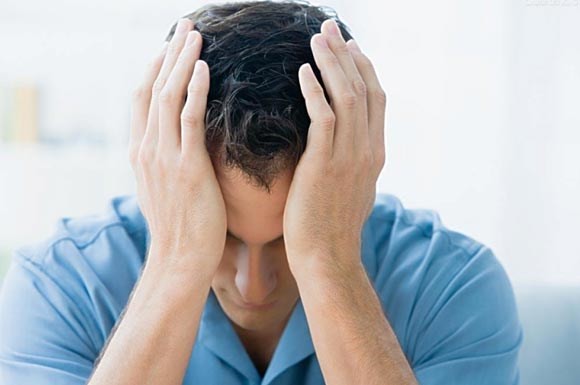The Difference between Impotence and Infertility
Many people get rather confused when it comes to the difference between impotence and infertility. Even people who have experienced one of these conditions or are currently in the process of treating them may not have a complete understanding of this question.
Impotence (a.k.a. ED), is basically the body’s inability to achieve and maintain an erection needed to participate in intercourse. Male infertility can be defined as the inability to bring children, and this can be both a male and female issue.
Strictly speaking, impotency doesn’t necessarily make a person infertile (even though natural conception in very hard to achieve); and an infertile person is not necessarily impotent. In any case, both of these conditions often have very depressing effects on a man’s sexual relationships and/or self-esteem.
Despite the fact that these are two different conditions, they are somewhat connected in that both have a highly emotional aspect. The emotions connected to the conditions will often lead to stress, and that can easily aggravate both conditions. Let’s take a look at each to see the differences and similarities between male infertility and impotence.
Impotence

Being unable to have a full erection long enough to perform a sexual act.
Sexual arousal is not just a physical condition; it’s a delicate combination of emotional factors in conjunction with the physical aspect, so anything that puts the system out of balance affects arousal and performance in a negative way.
- Stress causes a significant drop in the level of testosterone, which directly affects sexual libido just as much as the physical ability to achieve an erection and maintain it long enough.
- Finding yourself in a long-term relationship with a feeling of constant sameness and even boredom can heavily affect libido and consequently lead to impotence.
- Certain health conditions, such as hypertension, obesity, diabetes, kidney disease, stroke, and prolonged illness.
- Conditions based on emotion factors, such as depression or alcoholism are known to cause impotence.
- Smoking (both tobacco and marijuana) negatively affects blood circulation, which consequently affects the ability to achieve an erection and maintain it.
Infertility
It means having a very low sperm count, fewer sperm with regular motility/morphology.
Male infertility causes can range widely. Here are the major reasons:
- Medical procedures like chemotherapy can reduce one’s level of testosterone. Other medicines produced for conditions like heart disease, kidney disease, and diabetes can also have very negative effects on fertility in men. Any medicine that affects hormones and the central nervous system will directly affect fertility as well.
- If you are under constant stress, it produces high levels of adrenaline in your body, the hormone cortisol, and other factors that result in hormonal imbalances, which induces overproduction of the hormone prolactin, which is responsible for sperm count and motility
- Excessive body mass, which can occur due to certain unhealthy eating habits or stress. This is a very common cause of male infertility.
- Smoking (both tobacco and marijuana) and drinking lots of alcohol can affect fertility in a negative way.
- Injuries in the groin area
- There might also be a genetic component involved
Infertility and Impotence Treatments Can Be Similar
If we look at the list of potential causes above, we understand that similar treatment can positively affect or even cure both of the conditions.
Let’s have a quick look at some of these approaches:
- Stress management techniques. For example, counseling or meditation, and just generally creating a balanced life usually helps quite significantly.
- The so-called “Standard American Diet” or SAD, has been proven to cause many health conditions, including infertility. This ill-famed “diet”, which mainly consists of high consumption of unhealthy fat, sugar, and simple carbs, usually results in mild or severe hormonal imbalances that negatively affect both sexual performance and fertility. A healthy diet must be based on vegetables and whole foods, so that it will improve one’s health, hormone levels will be balanced again, and fertility will be restored.
- Exercise in order to stay lean, lower stress and increase testosterone levels.
- Quitting smoking and cutting back on marijuana and alcohol will help prevent and treat a wide range of health conditions, including impotence and infertility.
Aging is very commonly associated with infertility and impotence, but positive lifestyle changes can fix the problem even for older men, and make it possible to induce pregnancy and sexual satisfaction all the way into senior life.
If you have trouble with sexual dysfunctions, please see your doctor. Both of these conditions can be treated with lifestyle changes and/or medical therapies.
Medicine recommended for treating ED and infertility can also be purchased online, for example, here (or here).


